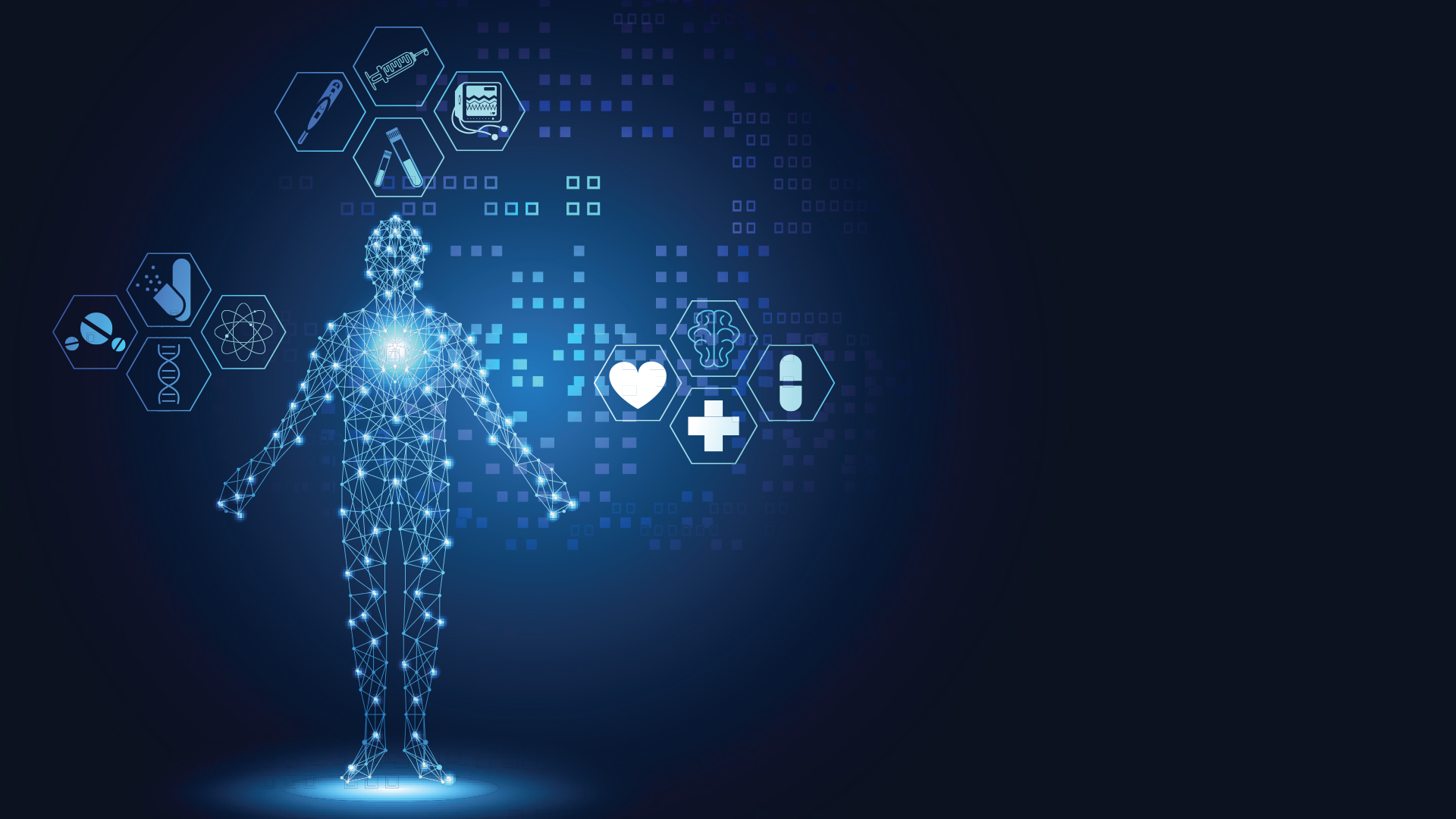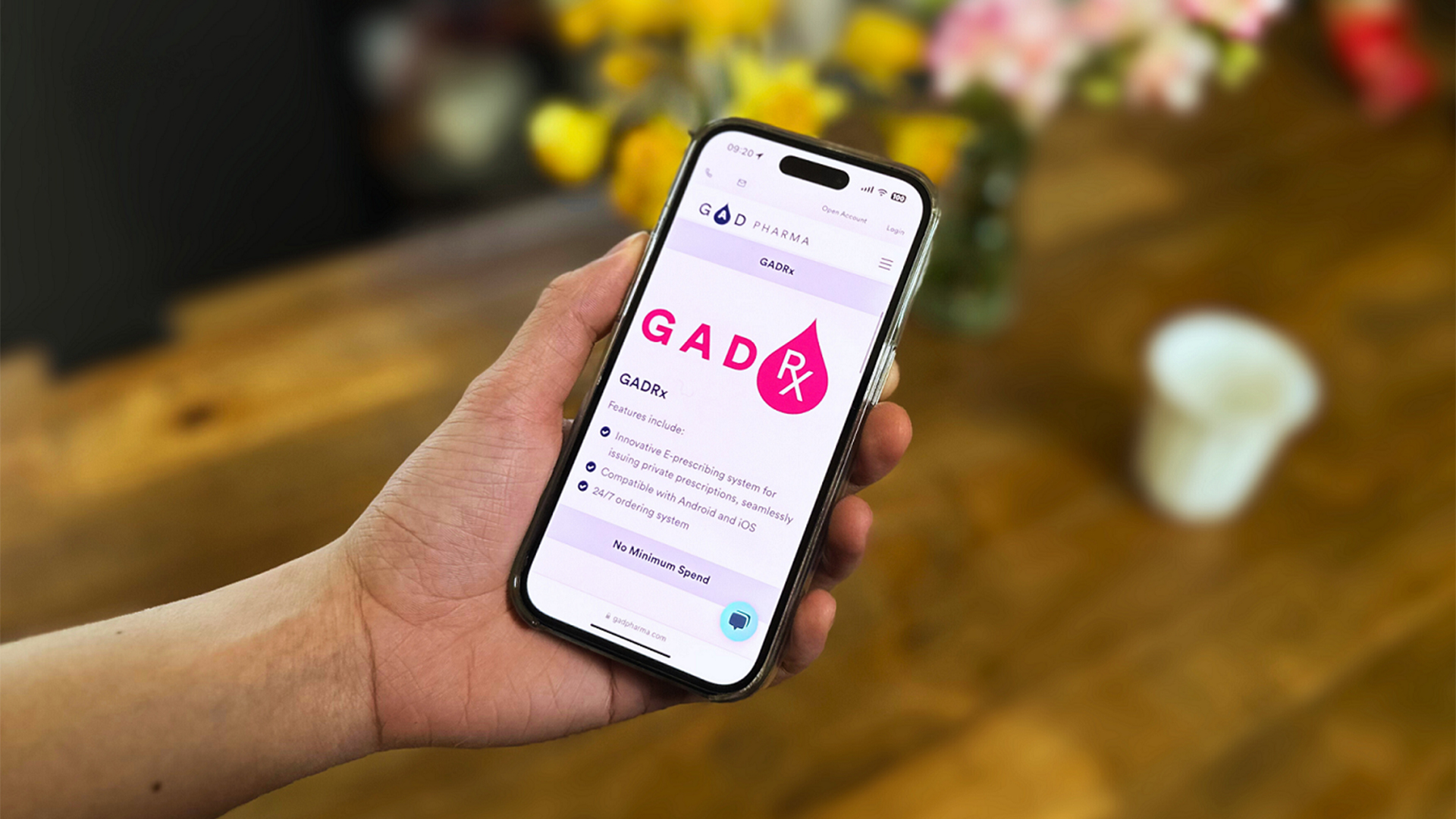
GE Healthcare to invest in enhanced training for over two million health professionals globally by 2020.
In developed countries such as the U.S., Europe and parts of Asia, healthcare leaders are trying to optimize efficiency, systems integration, data analytics and achieve greater productivity. In emerging economies, enabling access to affordable, basic primary care is often the most pressing concern. Healthcare systems around the world face a wide range of difficult challenges. All could benefit from training and education solutions focused specifically on their particular needs.
To help address this issue, GE Healthcare has announced a plan to invest more than $1 billion over five years in the development of its educational offerings to reach more than two million healthcare professionals worldwide by 2020, helping them improve healthcare from within through enhanced training programs and solutions for physicians, radiologists, technologists, midwives, nurses, biomedical engineers and beyond. Solutions will be geared to meet local needs and will include new clinical, product application, technical and leadership training and education.
‘Challenges around localized capacity building, training and innovation are consistent themes for many healthcare systems and Ministries of Health around the world,’ said John Flannery, President and CEO of GE Healthcare. ‘We will continue to work closely with local governments, institutions and customers to address some of their most important concerns. In some countries, this will mean training midwives to use new ultrasound or portable diagnostic equipment. In others, it will include supporting multi-hospital networks to enhance their clinical and operational outcomes.’
As part of this training commitment, GE Healthcare will continue to work with healthcare providers to build strategic programs that may also include technology, finance and consultancy services to help improve healthcare delivery and drive transformational change in the industry.
‘Our focus is to develop meaningful, relevant education solutions that will help healthcare professionals create long-term value and positive measurable impact. By combining our heritage in medical technology, healthcare IT, software and life sciences, we can provide enhanced learning, insights and best practices that can make a real difference,’ said Mario Lois, General Manager, Global Education Services at GE Healthcare.
GE Healthcare will provide on-the-ground, online and remote training mostly as part of a commercial partnership with customers to help optimize health providers’ skills for real life clinical situations. Examples of implementation could include peer-to-peer training provided by key opinion leaders among customers; virtual video conference training; clinical product training by certified clinical applications specialists; biomedical training supervised by technical instructors; and leadership training managed by certified GE professionals and consultants. GE Healthcare expects its new education solutions to upskill healthcare professionals worldwide and drive
further growth in the industry.
GE Healthcare is developing new education solutions around two critical goals ‘ greater access and measurable outcomes. For example, there are ongoing global pilots of a new class of remotely-controlled robotic telepresence training solutions that will enable any GE expert or clinical partner to deliver highly effective, interactive, hands-on training sessions for practically any device and any user in a given hospital, regardless of the expert trainer’s location. These new solutions hope to provide an experience and effectiveness that’s remarkably close to the trainer being physically there, working with them.
The healthcare service and technology provider is also working on maximizing the quality and measurable impact of its new training solutions. Some of these new outcome-based education offerings leverage data and analytics to better identify training needs and translate them into customized training plans, with the ability to measure ‘before and after’ impact on key metrics, such as reduction on radiation dose or patient throughput.
‘Healthcare providers continue to experience increased patient volumes and decreased time for training. And it’s clear to us that the skills of healthcare professionals using medical equipment are at least as impactful on the resulting outcomes, as the quality of the product itself. Healthcare providers will be able to embrace new GE education solutions, to better train their staff, optimize equipment use, and ultimately improve patient care,’ concluded Lois.

















